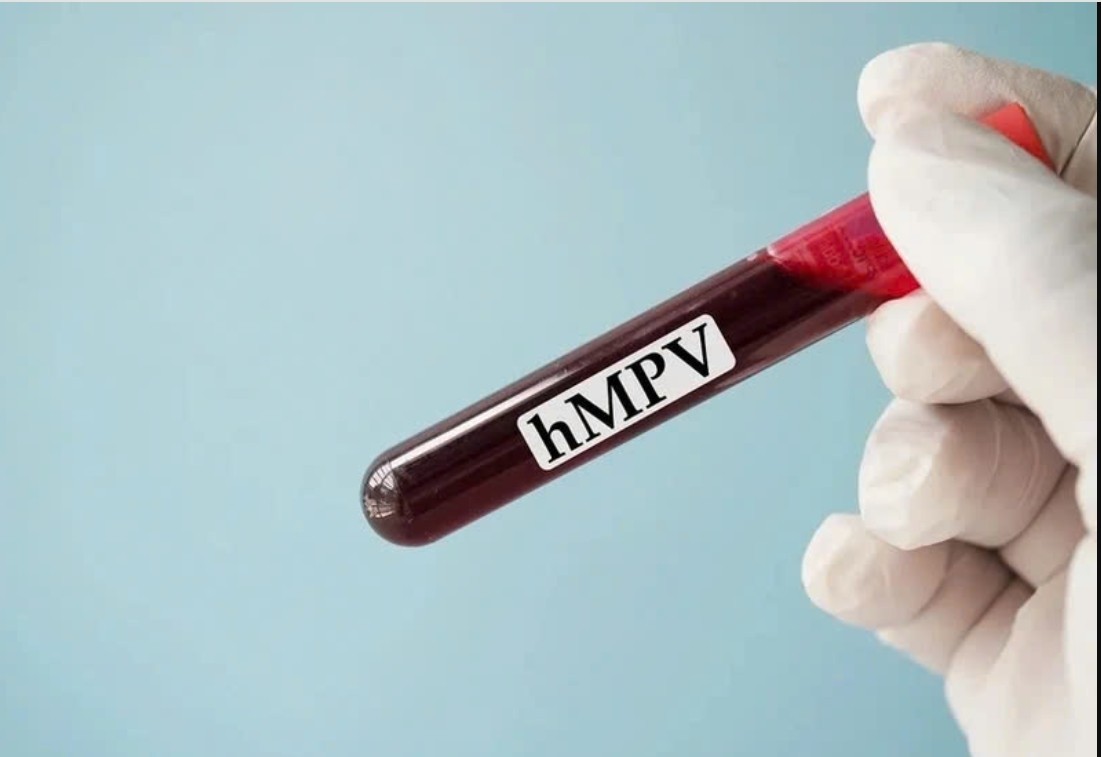Ebola Outbreak 2021 in Africa: Origin, Causes and Treatment of Disease
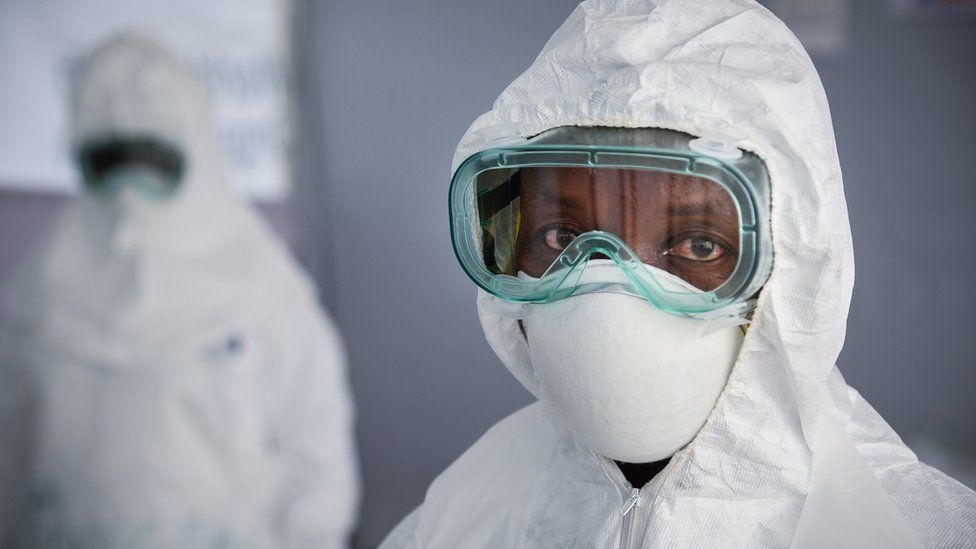 |
| Ebola breaks out in Africa. Photo: BBC |
As the world approaches the one-year anniversary of the coronavirus pandemic, another viral threat is emerging again in Africa. On February 7, the Democratic Republic of the Congo confirmed four cases of Ebola. A week later, Guinea declared an Ebola epidemic, with five people dead and five others infected since February 1.
The developments have put the West and Central African nations on alert, five years after the end of the world’s deadliest-ever Ebola outbreak, which killed more than 11,300 people in Guinea, Sierra Leone, Liberia, and Guinea between 2014 and 2016.
| Health officials report that the outbreak occurred in the town of Gouécké in southern Guinea, about 100 kilometers from the borders of Liberia and the Republic of Côte d’Ivoire. According to Guinea’s minister of health, seven of those infected had participated in a funeral for a nurse on February 1. As of February 15, two of those patients had died and the other four have been hospitalized. A total of five patients have died from the virus, while five others are begin treated in an isolation center. Elsewhere, on February 7, public-health officials in the Democratic Republic of the Congo announced they had confirmed four cases of Ebola in Butembo, a city in the northeastern portion of the massive central African nation. As of the second week of the crisis, two of the patients had died. |
What is Ebola virus disease?
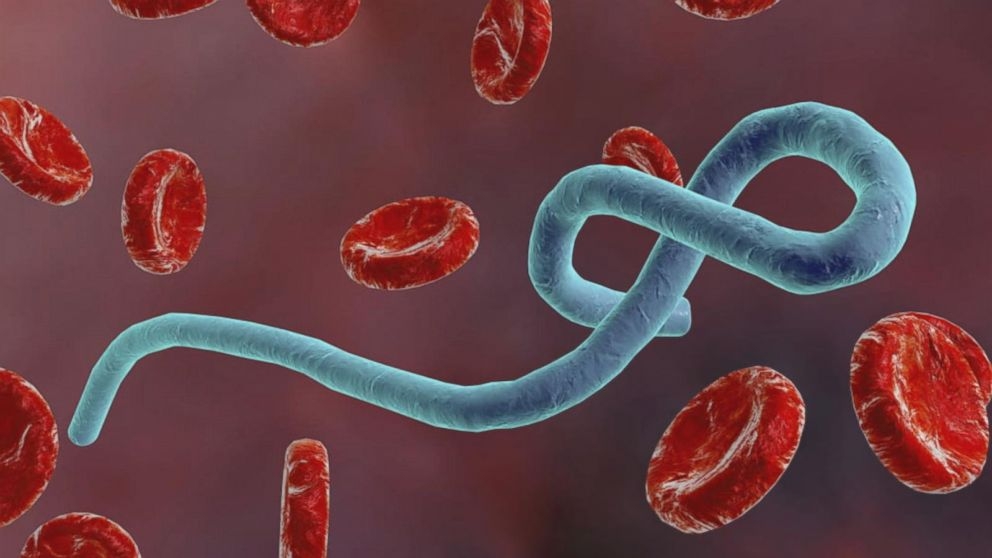 |
| Photo: ABC News |
According to CDC, the Ebola virus disease (EVD) is a deadly disease with occasional outbreaks that occur primarily on the African continent. EVD most commonly affects people and nonhuman primates (such as monkeys, gorillas, and chimpanzees).
First discovered near the Ebola River in Congo, the ebola virus is a rare and deadly virus that can infect human beings and other primates. There were two virus outbreaks that were recognized simultaneously in 1976. One was in South Sudan’s Nzara and the other one was in Congo’s Yambuku village near the Ebola River from where the virus has derived its name. Since then, the viral outbreak is considered to be dangerous as it has proved fatal in many cases, News 18 cites.
*READ MORE: COVID-19 Cases in U.S. Fall for Fifth Week, Below 100,000
What causes Ebola virus disease?
The exact cause of EVD is unknown. Scientists believe that it is animal-borne and most likely comes from bats, which transmit the Ebola virus to other animals and humans. There is no proof that mosquitos or other insects can transmit the virus. Once infected, a person can spread the virus to other people.
According to Family Doctor, the Ebola virus is not as contagious as common viruses, such as colds or the flu. It is not spread through the air, water, or food. The Ebola virus is spread through direct contact with:
- Blood of a person infected with the virus.
- Body fluids, such as breast milk, stool, saliva, semen, sweat, urine, or vomit, of a person infected with the virus.
- Objects, such as needles or syringes, that are contaminated with the virus.
- Animals, such as bats and primates, that are infected with the virus.
Direct contact means that a person’s eye, mouth, nose, or broken skin touches contaminated blood, fluids, or an object. Broken skin may be a cut, scratch, scrape, or open wound.
Symptoms of Ebola virus disease
Symptoms may appear anywhere from 2 to 21 days after contact with the virus, with an average of 8 to 10 days. The course of the illness typically progresses from “dry” symptoms initially (such as fever, aches and pains, and fatigue), and then progresses to “wet” symptoms (such as diarrhea and vomiting) as the person becomes sicker.
Primary signs and symptoms of Ebola often include some or several of the following:
- Fever
- Aches and pains, such as severe headache, muscle, and joint pain, and abdominal (stomach) pain
- Weakness and fatigue
- Gastrointestinal symptoms including diarrhea and vomiting
- Abdominal (stomach) pain
- Unexplained hemorrhaging, bleeding, or bruising
- Other symptoms may include red eyes, skin rash, and hiccups (late-stage).
Many common illnesses can have the same symptoms as EVD, including influenza (flu), malaria, or typhoid fever.
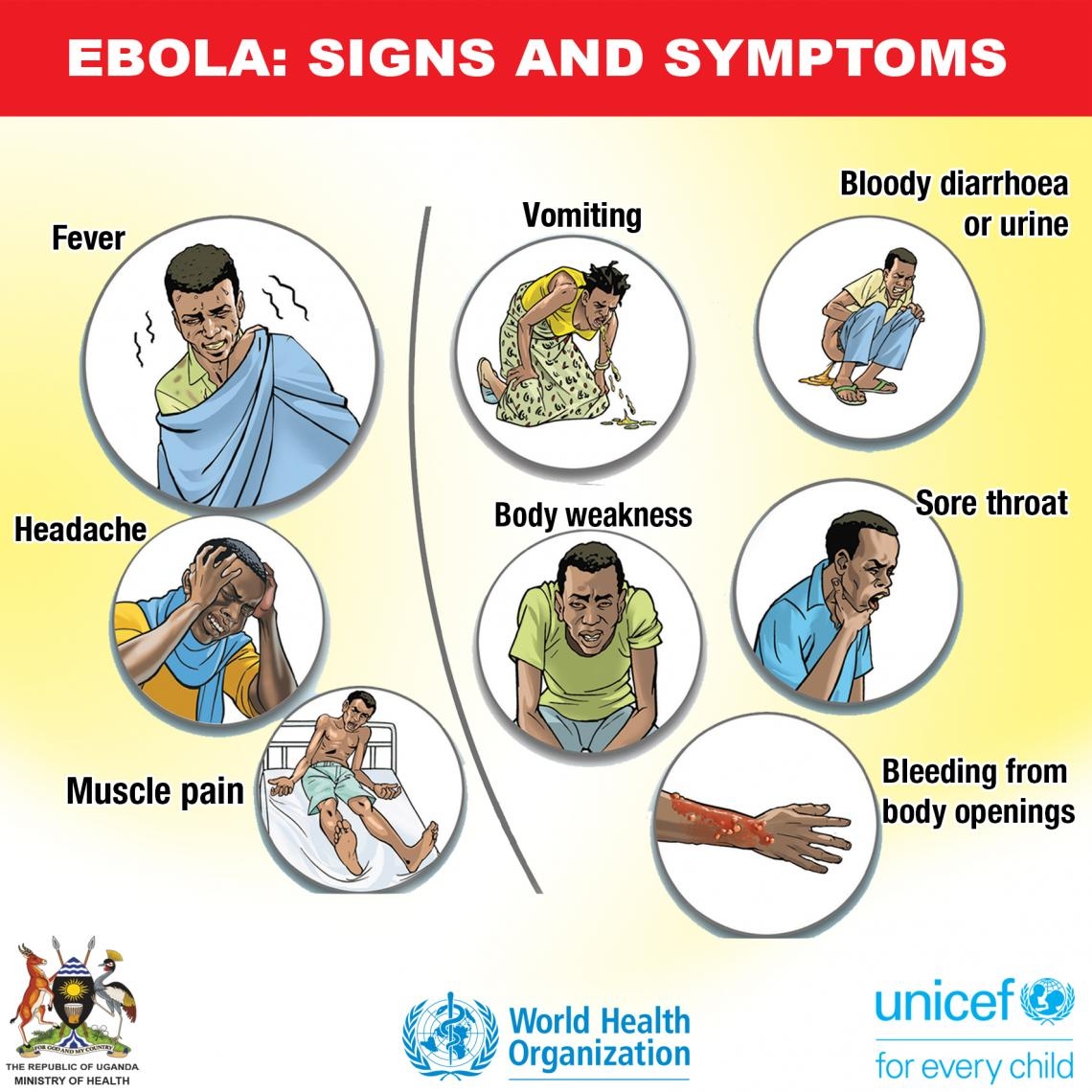 |
| Photo: COMESA |
Treatment of Ebola virus disease
There is no known treatment for Ebola, although the transfusion of whole blood or plasma from recovered Ebola patients may be beneficial because of the existence of antibodies against Ebola in survivors’ blood, Britannica cites. Current therapy consists of maintenance of fluid and electrolyte balance and administration of blood and plasma to control bleeding.
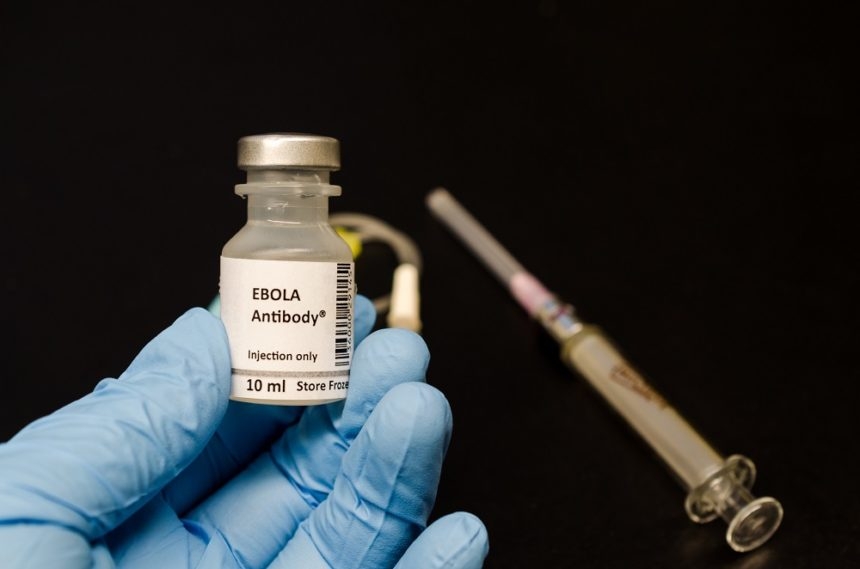 |
| Photo: Infectious Disease Advisor |
What about an Ebola vaccine?
Several Ebola vaccines have been developed, including candidates from Johnson & Johnson and Merck. In January, the WHO announced that it would develop an emergency stockpile of 500,000 doses to stamp out future outbreaks, though at the time only 7,000 shots were available, as cited by Intelligencer.
In prior outbreaks of Ebola, including the 2018-2020 crisis in the Democratic Republic of the Congo, vaccinations helped stop the spread of infections. Though Ebola has an average case fatality rate of 50 percent according to the WHO, it is spread through contact with body fluids and is not transmitted by asymptomatic carriers.
White House says Ebola outbreaks in Africa need swift action to avoid ‘catastrophic consequences’The two burgeoning Ebola outbreaks in the Democratic Republic of the Congo and Guinea require swift action “to avoid catastrophic consequences,” White House press secretary Jen Psaki said Tuesday, CNBS cites. It’s the first official statement from the White House on the reemergence of Ebola in the two African countries. Psaki said President Joe Biden has been briefed on the situations in Central and West Africa. “While the world is reeling from the ongoing COVID-19 pandemic, Ebola has again emerged, simultaneously, in both Central and West Africa. The world cannot afford to turn the other way,” Psaki wrote in the statement. “We must do everything in our power to respond quickly, effectively, and with commensurate resources to stop these outbreaks before they become largescale epidemics.” |
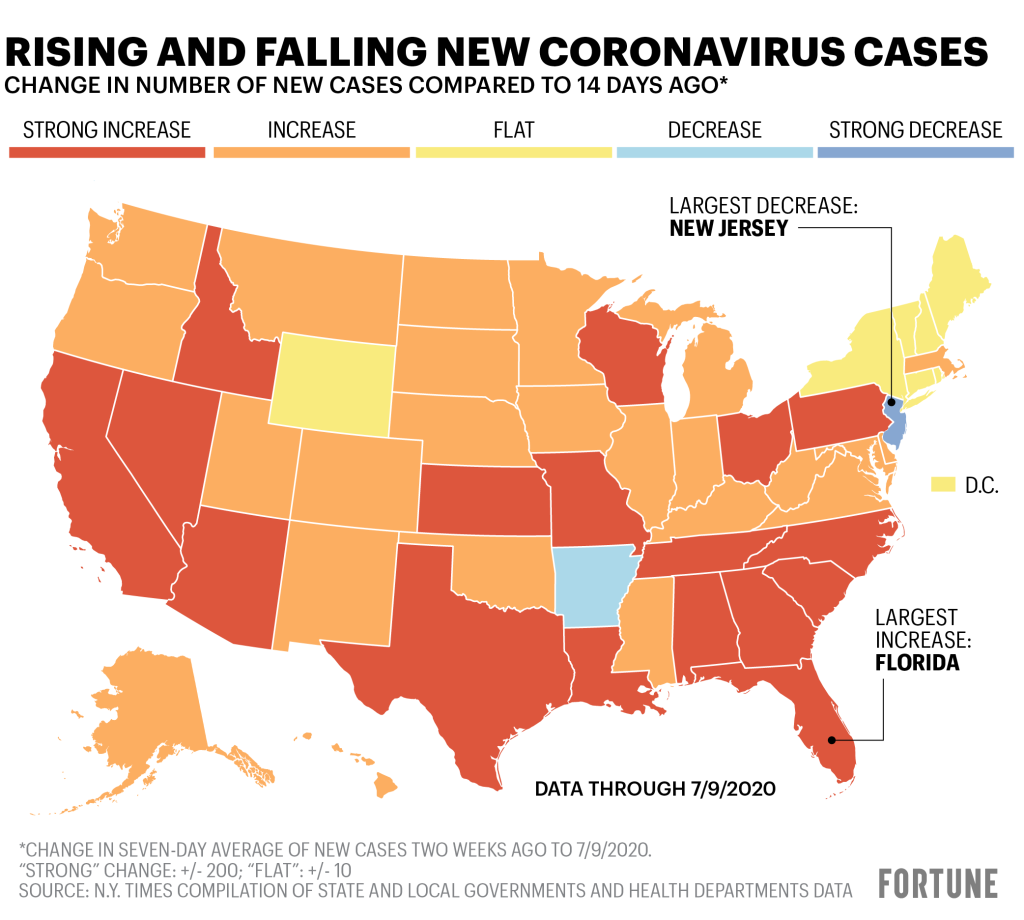 COVID-19 Cases in U.S. Fall for Fifth Week, Below 100,000 COVID-19 Cases in U.S. Fall for Fifth Week, Below 100,000 The United States last week reported a 23% drop in new cases of COVID-19 and a 16% fall in the number of people hospitalized with ... |
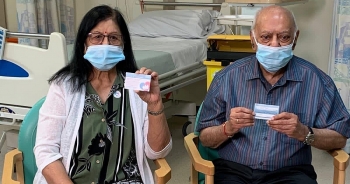 India Covid Vaccine Update: People above 50 may gets next month India Covid Vaccine Update: People above 50 may gets next month India Covid Vaccines update: Union Health Minister Harsh Vardhan said that the government will be in a "situation to administer vaccines to those above 50 ... |
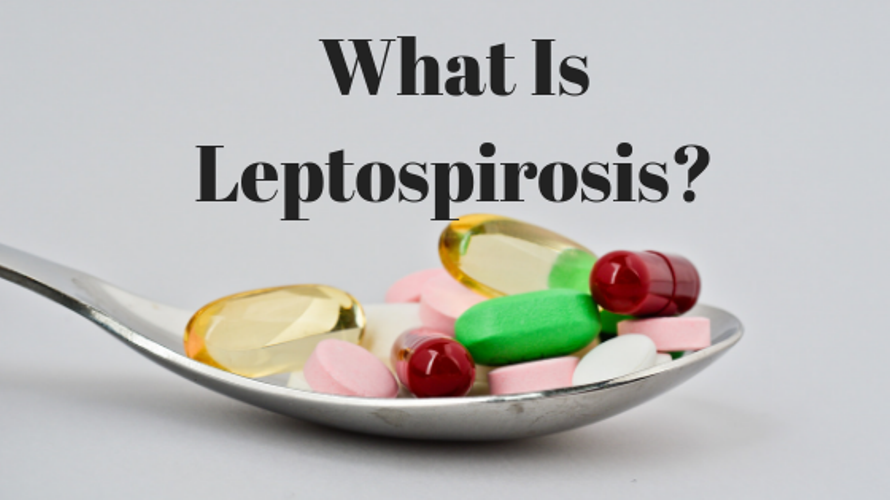 What is LEPTOSPIROSIS: Symptoms, Causes, Transmission, Treatments for a Common Disease in India What is LEPTOSPIROSIS: Symptoms, Causes, Transmission, Treatments for a Common Disease in India Facts about LEPTOSPIROSIS, without timely treatment, can lead to kidney damage, meningitis (inflammation of the membrane around the brain and spinal cord), liver failure, respiratory ... |

